Preventing Summer Learning Loss
Summer leaning loss, also known as “the summer slide”, describes what happens to children over the summer break from school. Research indicates that at least a month’s worth of information that was learned the previous year is lost between the end of that school year and the start of the next. Teachers report needing up to six weeks each fall just to review past lessons.
The potential to forget information while not in school applies to all kids, regardless of age or financial resources. The good news is there are habits families can adopt to help prevent the summer slide, and they don’t cost a lot in either time or money. These interventions vary by age, so that’s how we will organize them here:
Early childhood– Reading to children every day helps to build vocabulary and interpersonal communication skills. If the character in the book is laughing, prompt your child to show you how they laugh or to tell a joke. If there is a character who is sad, ask your child what they do when one of their friends is feeling down. For younger kids, have them identify colors, numbers, letters, and shapes— at the grocery store, or on a logo on the side of a truck— there are opportunities everywhere.
Elementary school– When shopping, ask your child to calculate the change you’ll get from the cashier, or estimate the bill by rounding numbers. Read to each other, or write and mail a note to an out-of-town friend or family member, or cook together and use measuring cups and spoons to practice math with fractions. You can even take a timed walk or bike ride with your child and help them calculate their speed based on the distance they’ve covered.
High schoolers can get a jump on the summer reading or math packet they were assigned. Making a calendar to plan out incremental progression will help your child stick to the plan. Stay involved to make sure they’re reaching their goals by gently checking in weekly. If they’re working on ideas for a college common app essay, talk through some of their initial thoughts to help direct those concepts toward an organized goal.
The old adage “use it or lose it” is based on truth: Without regular practice and repetition, there will be a predictable loss in proficiency. But consistent review, snuck into everyday activities that don’t necessarily dredge up visions of a classroom, will help to stem the summer slide.
From UH Pediatrician and PSI Medical Expert – Dr. Carly Wilbur.
Click here for more great insights from Dr. Wilbur.
Find out how PSI makes health a priority every day.



